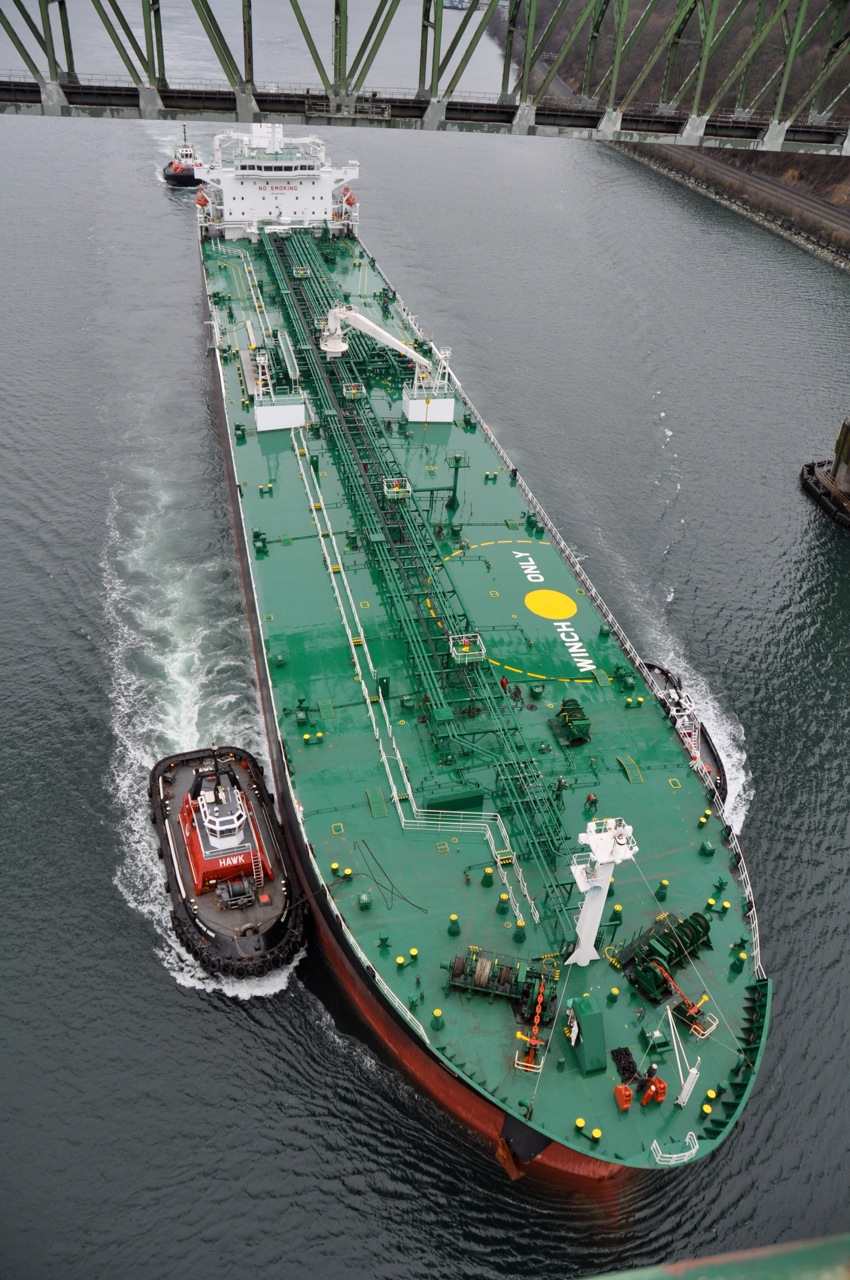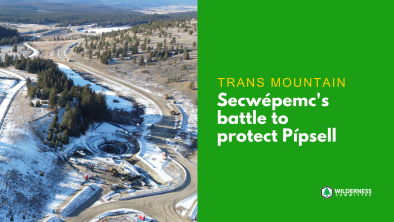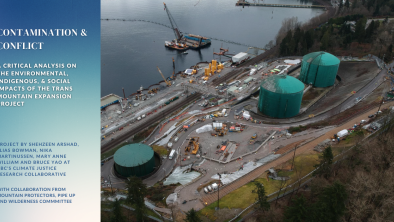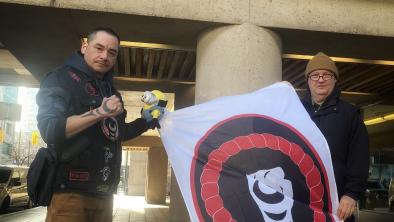Ottawa’s new oil-spill defence plan derided by critics as mere public relations
Vancouver Sun

'It's hard to know' if the new measures will satisfy B.C.'s five conditions, Environment Minister says
The federal government announced Monday it plans to institute eight new measures to strengthen Canada’s oil spill defences, but critics argue the move is just a ploy to persuade the public to buy into expanded pipeline projects.
The measures, tabled as part of the Safeguarding Canada’s Seas and Skies Act, are slated to cost $120-million over five years and include increased inspections of foreign vessels, expanded aerial surveillance of tankers and an incident command system similar to what’s used to monitor B.C. forest fires.
Natural Resources Minister Joe Oliver said Monday in Vancouver the measures were devised after hearing concerns from British Columbians about an increased risk of oil spills. Those concerns arose after Enbridge proposed the Northern Gateway pipeline to Kitimat, which would add 250 tankers off the coast, and Kinder Morgan revealed a plan to expand its Trans Mountain pipeline, which would bring in 400 tankers per year to it’s Burrard Inlet oil export terminal.
Oliver said the new plan is expected to bring Canada closer to a “world-class safety system” for tanker traffic carrying both oil and liquid natural gas. The government also announced the creation of a Tanker Safety Expert Panel to come up with further recommendations this fall, based on studies of other jurisdictions around the world.
“What we have to make sure is no pipeline proceeds unless it’s safe for the environment and safe for Canadians,” Oliver said. “I’m sure British Columbians will absolutely respond to the science and the facts going forward.”
B.C. Environment Minister Terry Lake said Monday the announcement shows Ottawa has been listening to B.C. concerns, and is “clearly a response to the premier’s call for world-class environmental standards on the marine environment, which Canada has responsibility for.”
But, he added, it is too soon to know if the announcement will meet the B.C. Liberal government’s call for a world-class marine spill response. The Liberals have set out that demand among the five conditions it says it needs any project to meet before giving a pipeline its blessing.
“It’s hard to know, we haven’t seen the details yet,” Lake said. “From what I’ve seen from the news release it does address a number of concerns that we’ve expressed in the past.”
Lake said the province is conducting a review to determine what gaps exist in overall marine spill response. Once that is done, it would have a better sense of whether the federal proposal meets the bar.
Last fall, B.C. municipalities narrowly approved a resolution that rejects expanded pipeline projects across the province, fearing more oil tanker traffic would raise the risk of a catastrophic spill on the west coast, similar to the 1989 Exxon Valdez disaster off the Alaskan coast.
Oliver insists Canada hasn’t had a major tanker spill off the coast, and the current system has “served us well for many years,” but more research will provide an even stronger defence. The federal government has $160 million set aside for potential spills in Canada, with a response capacity of 10,000 tonnes.
Ben West of ForestEthics Advocacy maintains Monday’s announcement is a way for the federal government to save face after it shut down the Kitsilano Coast Guard and Vancouver Marine Communication Terminal.
“This is just a signal the government is going to push the pipeline through,” he said. “They’re just about willing to do absolutely anything to convince the public these projects should go ahead no matter what the opposition.”
New Democratic Party environment critic Rob Fleming also dismissed the announcement as an attempt to dull public opposition to the Enbridge proposal. He noted the last two federal budgets have drastically cut staff in all federal departments and agencies that deal with environmental remediation and oil spill responses.
“I think this is a play by the federal government to try to smooth the pathway for the Enbridge Northern Gateway to be approved, but you have to look at the sum total of their actions,” Fleming said.
Skeena-Bulkley Valley NDP MP Nathan Cullen agreed, calling the announcement “an exercise in greenwashing” and an attempt to distract from the serious threat the Northern Gateway pipeline poses to B.C.
Cullen noted a recent study from the University of B.C. pegged the potential costs of a major oil spill on B.C.’s north coast at $9.6 billion. He pointed to calculations by a 25-year veteran in the oil spill response industry, who used Enbridge’s research to show an 8.7-per-cent to 14.1-per-cent chance of a major oil spill in the first 50 years.
“The risks are enormous, and the consequences of a spill would be devastating,” Cullen noted. “But the prime minister and his cabinet appear to have already made up their minds about the project, so rather than actually listen and respond to the concerns of British Columbians, they’ll resort to half-measures and playing the public relations game.”
The Tsleil-Waututh First Nation, whose community is across Burrard Inlet from Kinder Morgan’s Westridge oil export terminal, also criticized the federal announcement.
“Ultimately the best way to safeguard Canada’s seas and skies is to say ‘No’ to new pipelines,” Tsleil-Waututh councillor Carleen Thomas said in a news release. “It’s time for the Harper government to stop talking about pipelines to the West Coast like they are inevitable and start listening to what the people of B.C. are saying. British Columbians do not want new pipelines and increased tanker traffic on our coast.”
Eoin Madden, climate change campaigner with the Wilderness Committee, said the new federal strategy is an insult to British Columbians.


